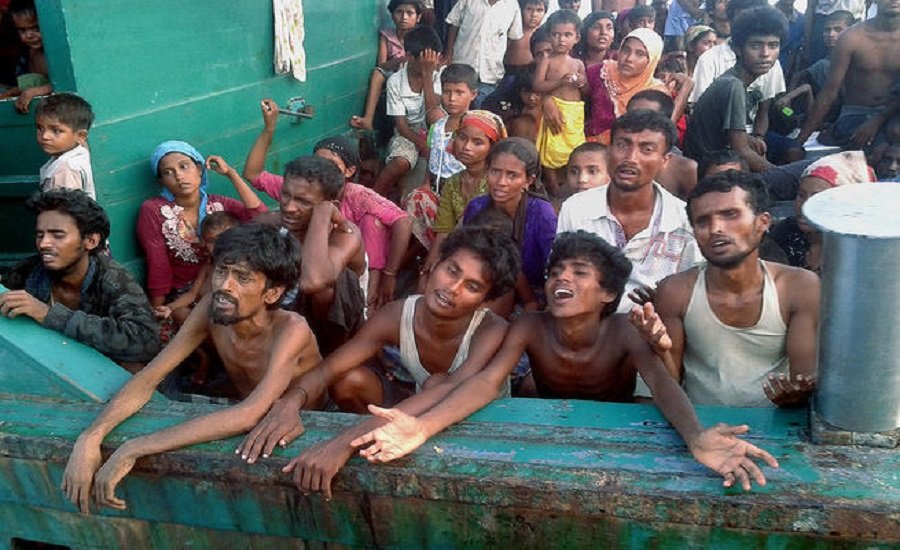
Humanitarian help alone will not solve the Rohingya refugee crisis and inclusive political solutions are needed for the 700,000 people who fled from Myanmar, says the international Red Cross leader.
DHAKA (AP) — The international Red Cross leader said on Tuesday that humanitarian help alone will not solve the Rohingya refugee crisis and inclusive political solutions are needed for the 700,000 people who fled from Myanmar to Bangladesh to escape violence that targeted them.
The United Nations has said the Myanmar military crackdown on Rohingya Muslims last August in retaliation for an insurgent attack was “ethnic cleansing”. Myanmar and Bangladesh have signed an agreement for repatriating refugees, but its implementation is uncertain due to safety, verification and other concerns.
Peter Maurer, president of the International Committee of the Red Cross, visited Myanmar’s Rakhine state, where the refugees once lived, as well as the camps where they live now in Bangladesh’s Cox’s Bazar district. He said people in both places were suffering.
“I met those who stayed and those who left, and it is clear that people are suffering on both sides,” Maurer said. “People lack secure housing, electricity, latrines, medicine and health care. There are few options for people to earn an income to allow them to move beyond aid and emergency conditions.”
Maurer also said the conditions for repatriation to happen were tough. “The conditions are simply not there for large numbers of people to return home,” he said.
The Rohingya have faced state discrimination for generations in Buddhist-majority Myanmar. Maurer said their return would require “steps towards ensuring freedom of movement, access to basic services, freedom to undertake economic activity and access to markets in Rakhine, and most importantly trust in security arrangements for returnees”.
He said that while he was in Myanmar, he met Muslims, Buddhists and Hindus, who described “how the social fabric and local economy have been destroyed, making people entirely reliant on humanitarian aid”.
“In one village I visited, less than a quarter of the population remains, only 2,000 of the original 9,000 villagers,” Maurer said.
In the camps in Bangladesh, over a million people live in misery, he said.

